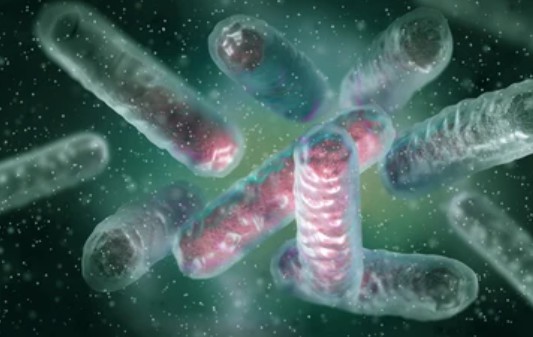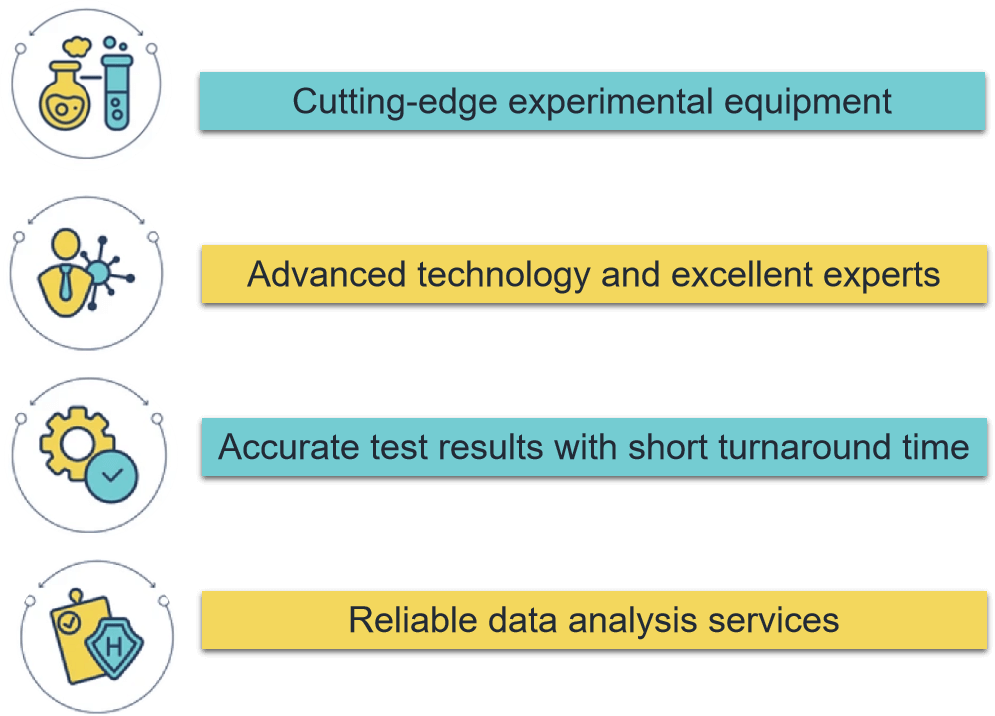E. coli engineered strains are bacteriophage cell lines with special functions obtained by genetic engineering of E. coli strains, which are multifunctional, efficient and adaptable. As a model organism of prokaryotes, the engineered strains derived from E. coli have wide applications in synthetic biology.
Lifeasible uses genetic engineering technology to cultivate multifunctional E. coli engineered strains, widely used in environmental protection and agricultural production, providing advanced technical support and effective solutions in promoting agricultural synthetic biology research.

We genetically modified the hydrolytic enzymes related to organic pollutants or organophosphorus by transferring several genes regulating related hydrolytic enzymes into the same expression vector at the same time so that the E. coli can encode several related degradation enzymes at the same time. On the other hand, we also promote in vitro evolution of the coding genes of one or more amino acid genes through protein engineering or in vitro molecular evolution techniques to change the structure of degradation enzymes, accumulate beneficial mutations, exclude harmful mutations, and neutral mutations, thereby improving the degradation ability of enzymes and achieving the goal of degrading organic pollutants or organophosphorus pesticides. In addition, we can also construct an engineered strain of Riboflavin E. coli to increase the production of Riboflavin significantly.
We use genetic engineering technology to cultivate organic pollutant-degrading E. coli engineering bacteria not only can greatly improve the degradation efficiency of organic pollutants but also has the technical characteristics of low cost, no secondary pollution, and complete remediation.
Organophosphorus pesticides not only pollute surface and groundwater resources but also lead to excessive pesticide residues in a large number of agricultural products, resulting in food contamination. We can provide an effective biodegradation method by breeding the organophosphorus pesticide degrading E. coli engineering bacteria with more efficient, simple operation, low cost, thorough, and more environmentally friendly technology.
We were able to obtain engineered strains of E. coli with excessive riboflavin production by using DNA rearrangement techniques for in vitro targeted molecular evolution of the relevant RNA polymerase, riboflavin ab initio biosynthesis system, and global transcriptional regulators.

Lifeasible has a highly qualified technical team and a variety of advanced technology platforms. We aim to provide high-quality services to best meet our clients' various project research needs. If you are interested in us, please feel free to contact us.